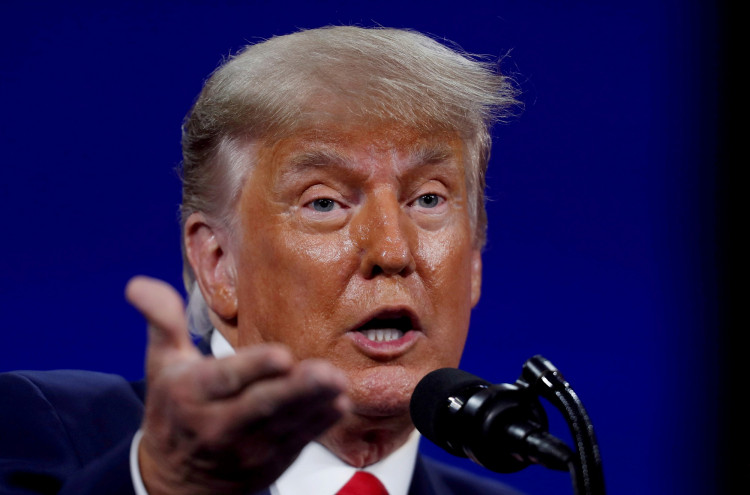In a courtroom in lower Manhattan, the ongoing civil fraud trial against former President Donald Trump has become the epicenter of national attention. The case, initiated by New York Attorney General Letitia James, alleges widespread fraud within the Trump Organization, accusing Trump and other key figures of misrepresenting the company's financial health.
The lawsuit, which seeks $250 million in damages, claims that Trump and his organization inflated the value of their assets and misrepresented Trump's personal wealth when seeking loans. The suit also names three of Trump's children-Donald Jr., Ivanka, and Eric Trump-as defendants, along with several other company executives. However, allegations related to Ivanka Trump were dismissed earlier this year by a New York appeals court due to the age of the contracts in question.
The heart of the allegations revolves around the accusation that the Trumps and their company engaged in fraud, falsified business records, issued false financial statements, and conspired among other charges. Specifically, the attorney general contends that Trump exaggerated his wealth by billions of dollars and inflated the value of many of his properties by hundreds of millions when seeking loans. In response, Trump has vehemently denied any wrongdoing.
The trial, which began with opening statements, has seen both sides present their arguments. Kevin Wallace, leading the attorney general's team, stated that they aim to prove the defendants knowingly submitted fraudulent financial statements with the intent to deceive. On the other hand, Chris Kise, an attorney representing Trump, argued that the financial statements were accurate and that the defense has experts who can validate the accounting practices used for the valuations.
Adding to the drama, Trump made a personal appearance in court for the opening statements. Photographs captured him seated at the defense table alongside his attorneys. On his Truth Social platform, Trump expressed his intent to attend the trial, decrying the entire case as a "sham" and criticizing both the prosecutor and the presiding judge.
The judge overseeing the trial, Arthur Engoron, has been a focal point of Trump's ire. Engoron previously held Trump in contempt for not providing requested documents, imposing a daily fine of $10,000. He also rejected multiple attempts by Trump's legal team to delay the trial. Engoron's recent pretrial ruling found that Trump had significantly overvalued properties and misrepresented his net worth. This ruling led to the cancellation of several Trump Organization business certificates and called for an independent receiver to dissolve some of Trump's companies.
The trial's proceedings are expected to be extensive, with the judge asking attorneys to clear their schedules through late December. Notably, Trump, along with his children Donald Jr., Eric, and Ivanka, are on preliminary witness lists, suggesting they might be called to testify.
Outside the legal proceedings, the trial has significant political implications. Trump's vocal criticisms and claims of a "witch hunt" have resonated with his base, potentially influencing his political future. However, the legal ramifications of such a high-profile trial could have lasting impacts on Trump's business empire and legacy.




